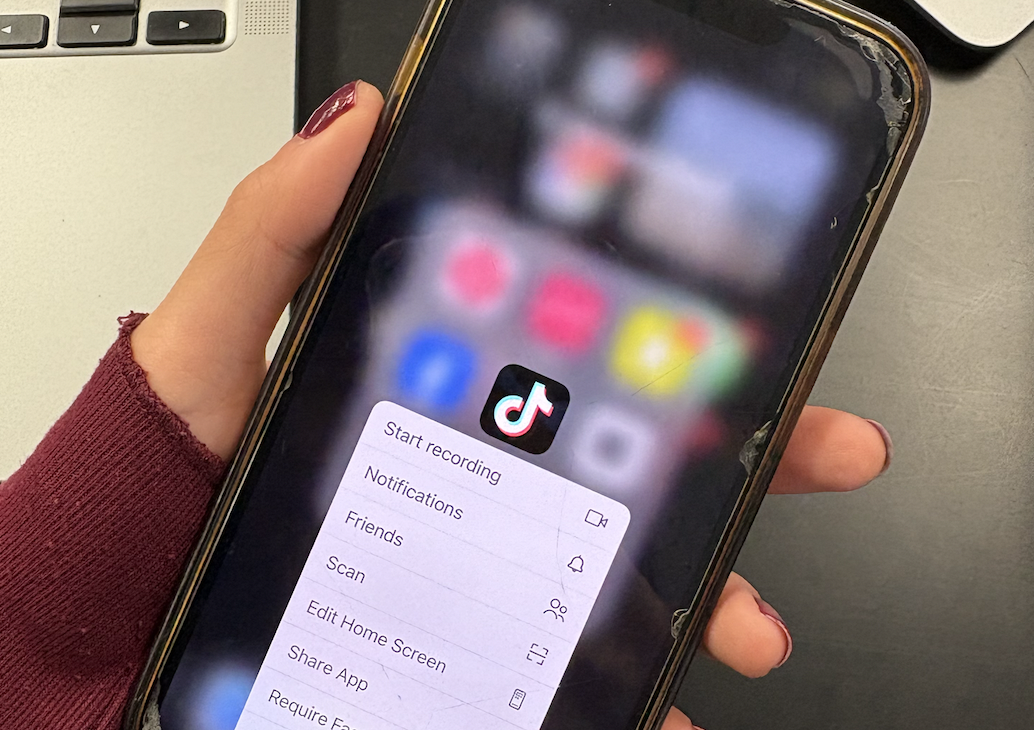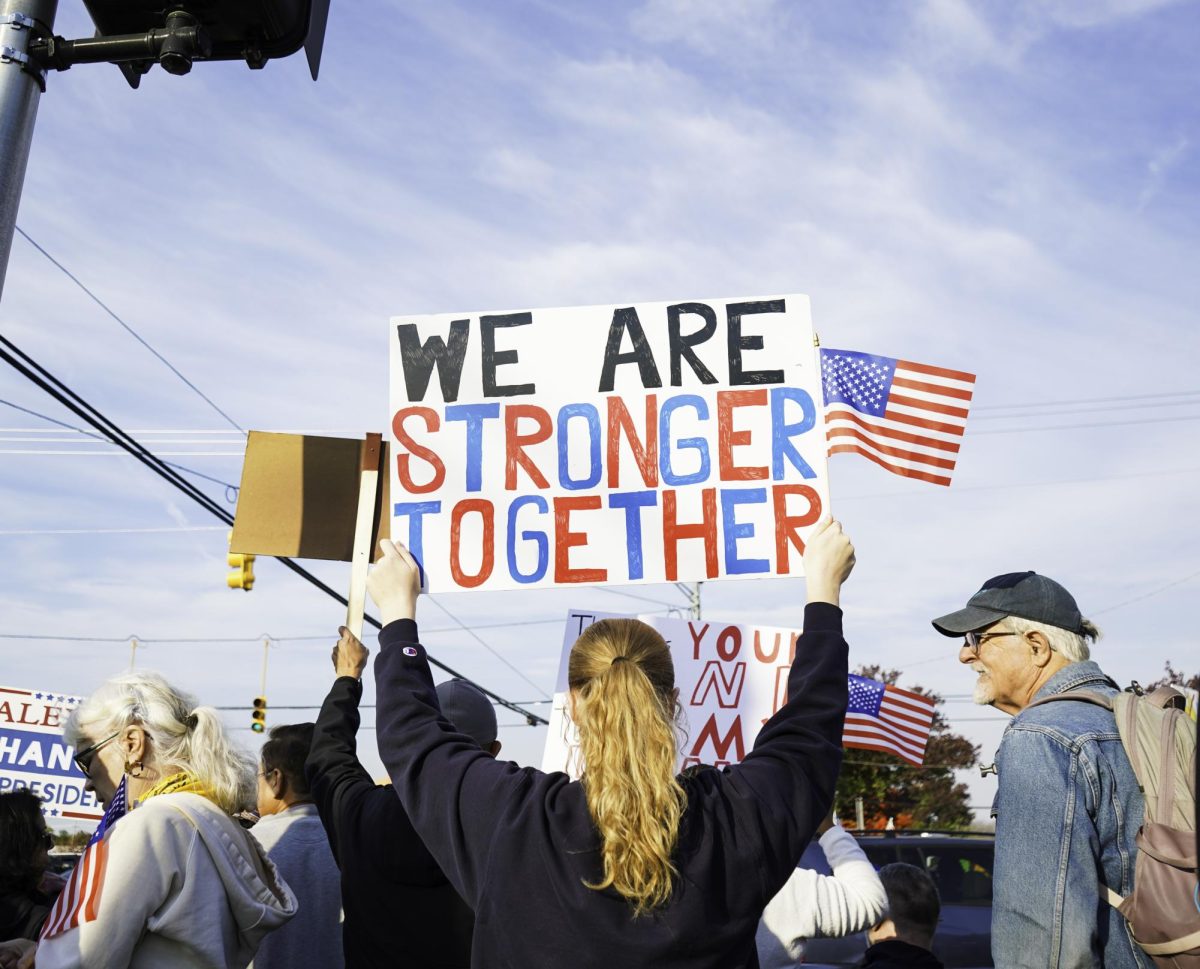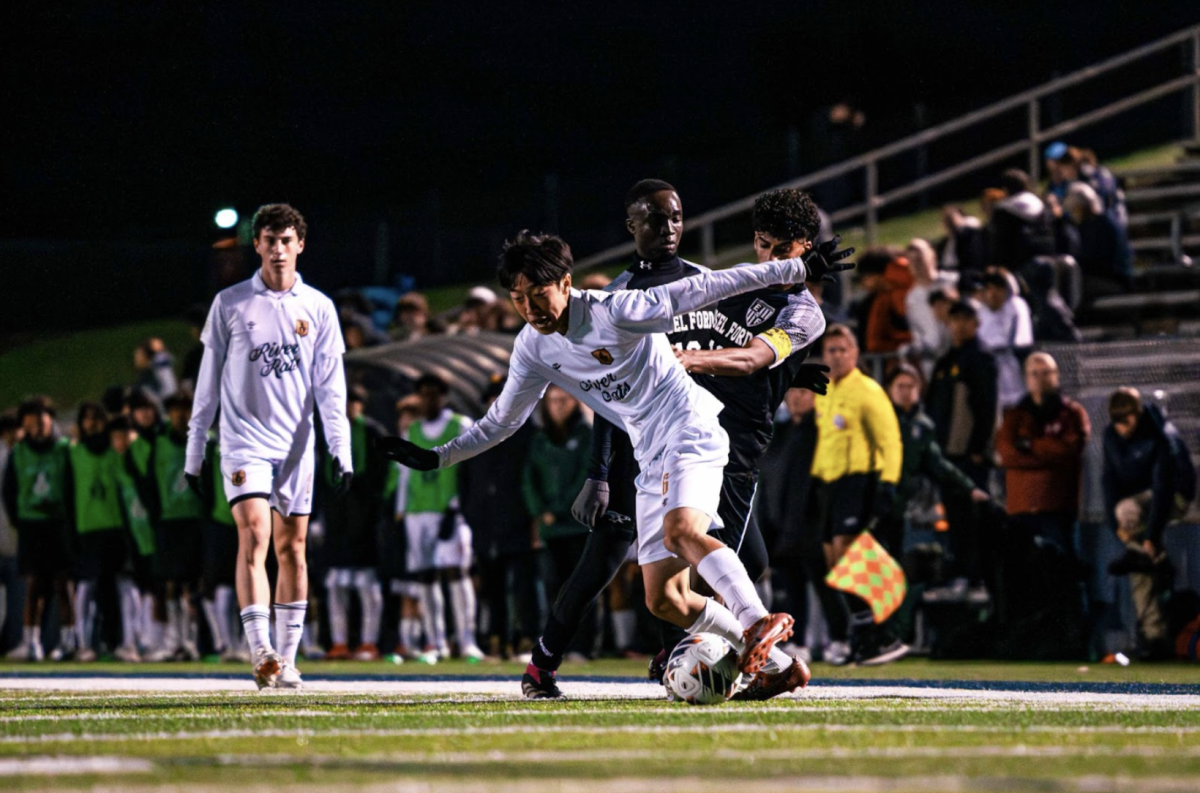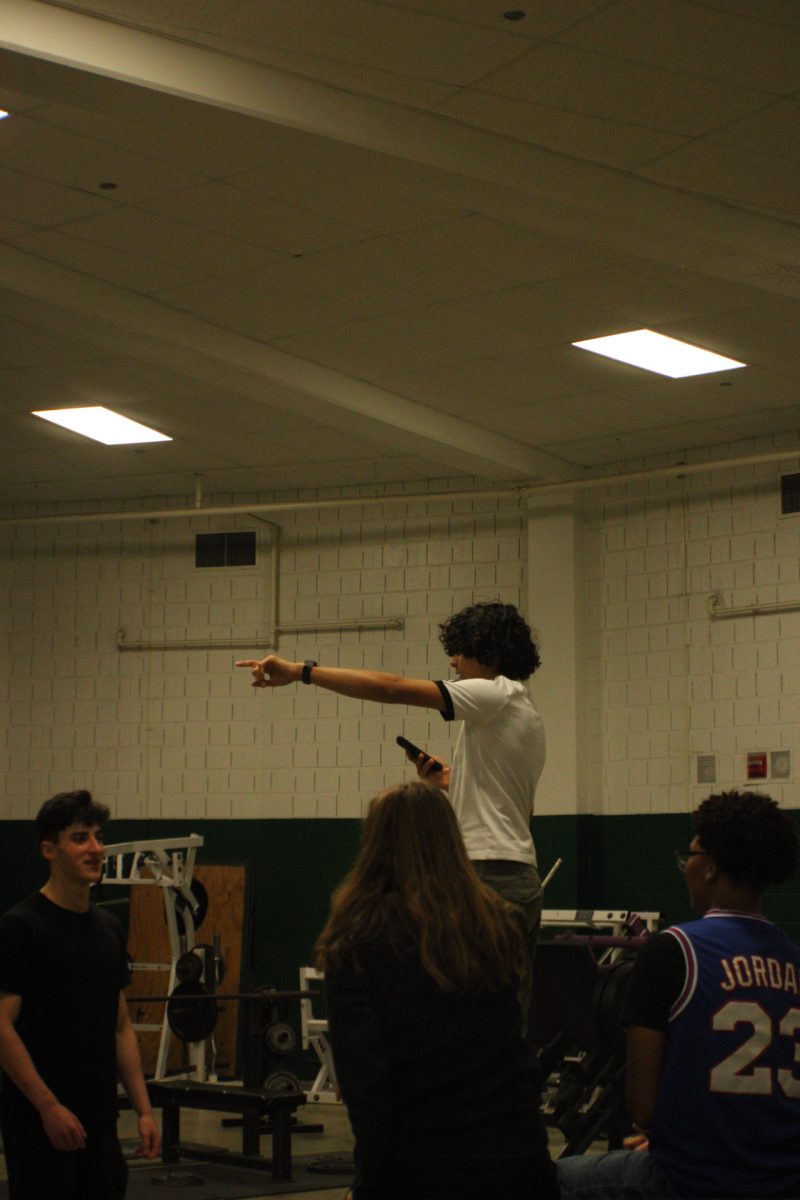Martial law–a measure intended for national emergencies– has become a breaking point of controversy and resistance in South Korea. Protests have broken out domestically and internationally, including at the University of Michigan’s Diag, where members of the Korean diaspora in local Ann Arbor had gathered on Dec. eighth to speak out on what they view as a clear abuse of power by President Yoon Suk-Yeol, South Korea’s current President. This protest, and many others, are a rallying cry for democracy, reflecting the country’s long history of fighting for freedom and justice.
Martial Law refers to the temporary enforcement of military control over civilians, often used in times of crisis within the nation. Typically, it involves many suspensions to civil liberties, such as freedom of assembly and press, while giving great power to the military. Although this law can be useful for national emergencies, it has historically been misused to suppress voices and centralize power, namely one event that all South Koreans remember: The Gwangju Uprising of 1980. What started as a student-led protest against the extension of martial law by the military leader Chun Doo-Hwan, quickly grew into a broader movement for democracy. But despite the growing support, it was met with brutal suppression, killing hundreds of civilians and injuring countless others, cementing Gwangju as a tragic moment of South Korea’s democratization.
Fast forward to today, President Yoon Suk-Yeol’s recent declaration of martial law has ignited widespread criticism. Protestors have argued that this move is less of addressing a genuine emergency and more about gaining power. Sangheon Song, a principal engineer at Tenneco who had participated in the Michigan Diag protest, shared his perspective.
“A current president ignored the Constitution and mobilized the military forces to strengthen his own power. Although he used the term ‘martial law,’ in reality, it was an act of treason,” Sangheon Song said.
Following the president’s declaration, efforts to impeach President Yoon have faced resistance in the National Assembly, with his party blocking measures to hold him accountable. This “political gridlock” has only fueled public outrage even more, leading to protests worldwide, including the gathering at the University of Michigan.
For many South Koreans, the declaration of Martial law evokes painful memories of the nation’s past struggles in the fight for democracy. Yet, it has also sparked widespread motivation for mobilization. Minyeong Song, a staff member at an educational institution and representative of Sesamo who had organized the Michigan Diag protest, emphasized the resilience of South Korea’s democratic spirit:
“The history of South Korea is, in itself, a history of the people defending democracy… Democracy remains strong and intact, but this time, we have learned that democracy is an endless struggle,” Minyeong Song said.
She continues to mention how though the Presidential office and People Power Party will continue to try and implement the “status quo” they have maintained, she believes in the relentless efforts of the citizens and members of the National Assembly, recalling how they were able to come together quickly and lift the martial law just six hours after it was declared. Song, too, hopes that this protest would be able to amplify voices and foster awareness of the severity of the situation.
The Diag protest served as a powerful example of how the Korean diaspora is contributing to this fight. Organized by the college students themselves, the gathering brought together many individuals like Sangheon Song, who expressed gratitude for the solidarity:
“Thankfully, Korean students at the University of Michigan have stepped forward to organize this gathering, and we are very grateful to participate here…I am proud to have contributed even a small amount to this effort,” Sangheon Song said.
The ongoing events in South Korea show an essential truth: democracy is not self-sustaining. It requires vigilance, courage, and collective action. While President Yoon’s actions have exposed vulnerabilities, they have also ignited a wave of resistance that reaffirms the strength of South Korea’s democratic history and foundation.
So what’s next? The road ahead is uncertain, and the people of South Korea will surely be tested in their resolve of democracy. The protest at the Diag and those elsewhere serve as a reminder that the fight for democracy persists. As for us, we can stay informed and contribute to a broader understanding of the democratic fight the South Korean people will face, who hope for a future of freedom and justice.

















